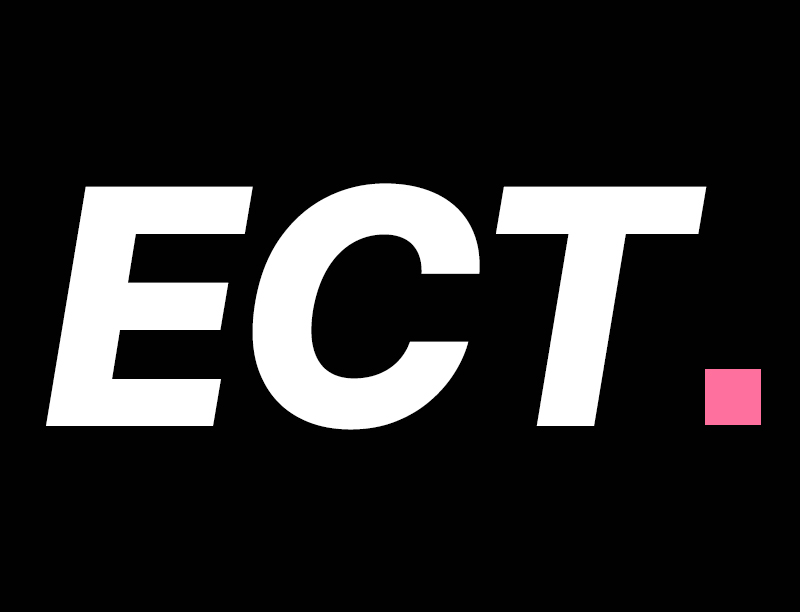In 1978, two childhood friends, Ben Cohen and Jerry Greenfield, opened a small ice cream shop in Burlington, Vermont.
What started as a quirky local business grew into a global brand, known not just for its inventive flavors but for its outspoken commitment to social justice.
Ben & Jerry’s became the rare company that blended dessert with activism, speaking out on issues like climate change, racial justice, LGBTQ rights, and voting rights.
When Unilever acquired the company in 2000 for $326 million, the founders made sure the deal included an unusual clause:
the company’s social mission would remain independent, protected by an oversight board so that its voice could not be silenced by corporate demands.
That promise, Jerry Greenfield now says, has been broken. After forty-seven years with the company, Greenfield announced this week that he is stepping down, saying he could no longer, in good conscience, remain at Ben & Jerry’s.
In a letter released through his longtime partner Ben Cohen, Greenfield described the decision as heartbreaking but necessary, arguing that the company’s independence—the very thing that made it unique has been eroded under Unilever’s watch.
He pointed to mounting restrictions on the brand’s ability to speak out on urgent issues, from voting rights to human rights abroad, saying the company had been forced into silence at a time when its voice was needed most.
I never thought I would have to write this, but after 47 years Jerry has made the difficult decision to stand down from the company we built together.
I am sharing his own words as he resigns from Ben & Jerry’s. His legacy deserves to be true to the values we founded this company on, not silenced by @magnum. Help us #FreeBenandJerrys – sign up at https://freebenandjerrys.com
The cracks in the relationship have been visible for years.
In 2021, Ben & Jerry’s announced it would halt sales in Israeli occupied territories, a decision that sparked fierce backlash, lawsuits, and conflict between the brand’s independent board and Unilever.
More recently, as the war in Gaza unfolded, Greenfield and Cohen pushed for the company to issue stronger statements, only to find those efforts blocked.
At the same time, Unilever announced it was spinning off its entire ice cream division including Ben & Jerry’s into a new entity called the Magnum Ice Cream Company, raising fresh questions about how much influence the founders would retain.
Greenfield and Cohen even made overtures to buy back their company, according to reports, but those attempts were rejected.
For Greenfield, the choice to leave was less about business and more about principle.
He said he could not remain while the brand was muzzled from speaking on issues of justice, equity, and human rights, the very causes that shaped its identity.
He called his exit painful, made with a “broken heart,” but insisted it was necessary to stay true to the values that guided him when he and Cohen were scooping cones in Burlington.
Unilever disputes his account, insisting it has engaged with the co-founders and worked to uphold the company’s mission. But Greenfield’s resignation casts a long shadow, raising questions about whether a brand can remain activist at scale, especially under the umbrella of a multinational conglomerate.
For loyal fans, Ben & Jerry’s has always been more than ice cream it was proof that business could be a platform for change. Now, as Greenfield walks away, the future of that promise is uncertain.








